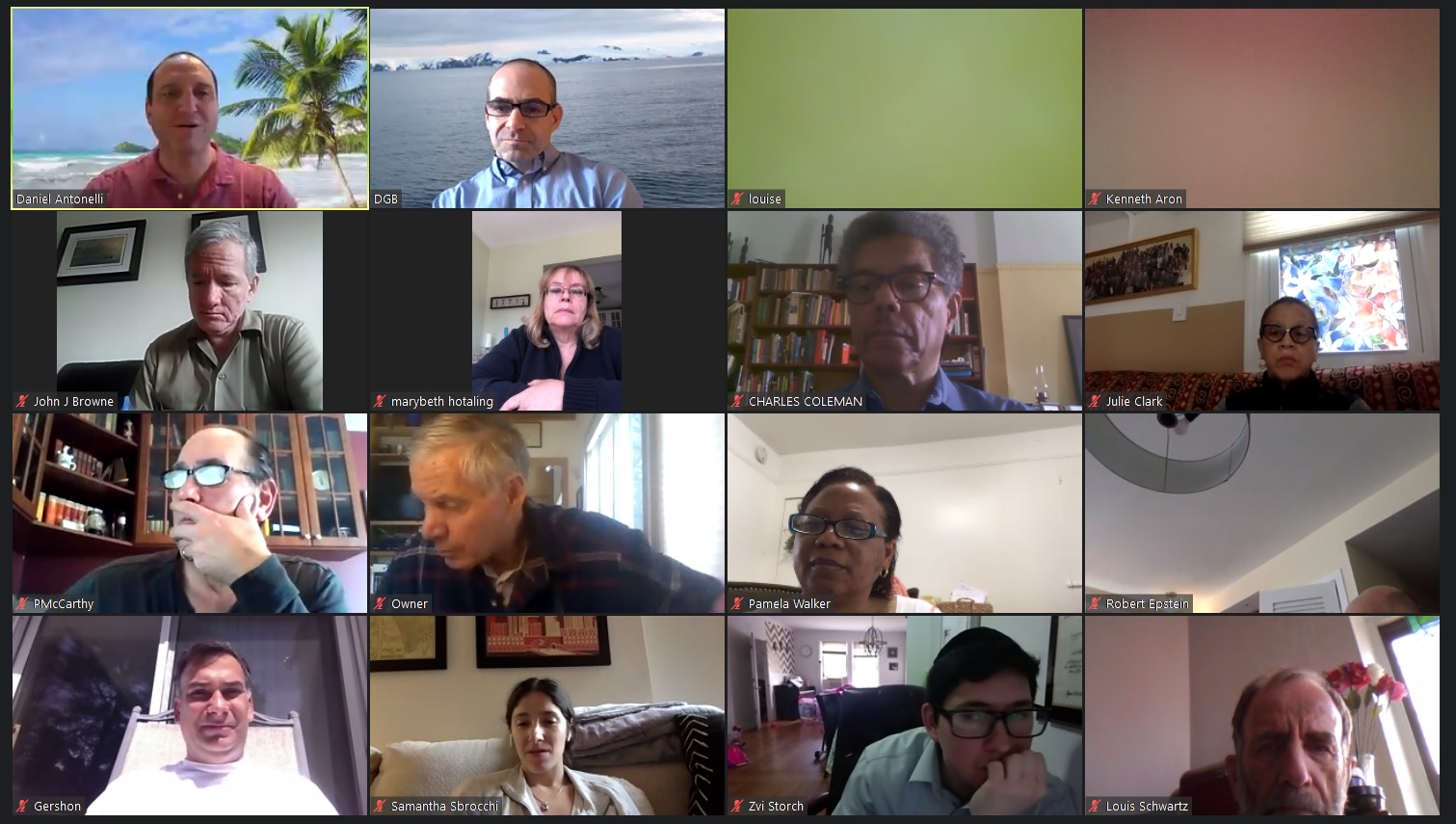Brooklyn Bar Association holds Zoom video conferencing seminar for attorneys

It took less than a month for the entire legal community to shift to working from home, but just because the industry made the change doesn’t mean that individual lawyers are all able to keep up.
To ensure that local attorneys are best able to help their clients, the Brooklyn Bar Association held a free continuing legal education seminar for its members on Tuesday where they made sure that people are able to use the video conferencing program Zoom.
Attorney and BBA Trustee Daniel Antonelli and David Bensinger, a PhD who runs Bensinger Technology, and who works mostly with law firms, presented the CLE entitled, “Work at Home and be Cyber Safe,” on Tuesday.

Brooklyn Boro
View MoreNew York City’s most populous borough, Brooklyn, is home to nearly 2.6 million residents. If Brooklyn were an independent city it would be the fourth largest city in the United States. While Brooklyn has become the epitome of ‘cool and hip’ in recent years, for those that were born here, raised families here and improved communities over the years, Brooklyn has never been ‘uncool’.